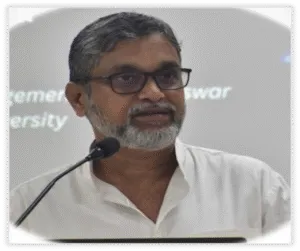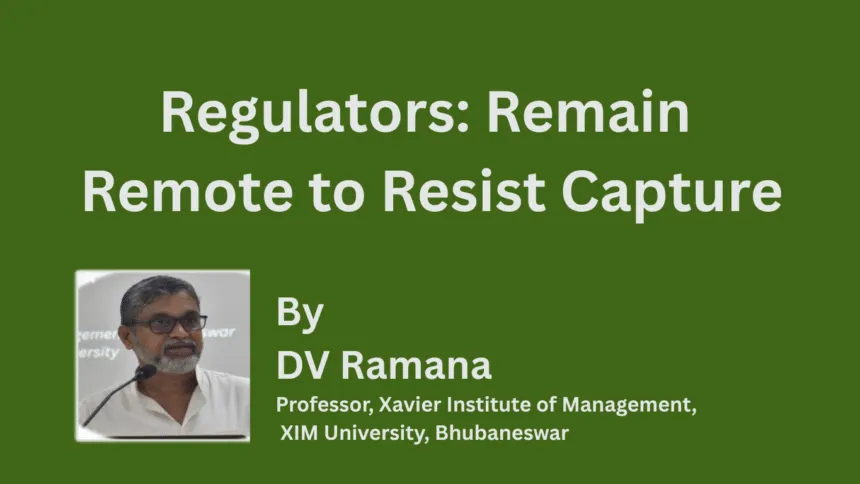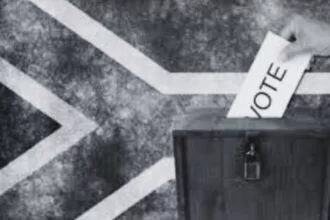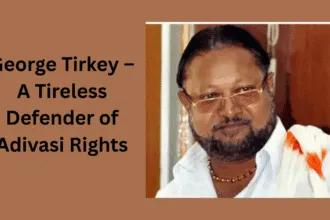Recently, a high-profile electoral battle unfolded as two former Chief Secretaries contested directly for the presidency of one of the city’s elite clubs. The contest drew significant public attention, particularly because one of the candidates, who ultimately won, is also the chief regulator of a critically important sector. This development raises the troubling threat of regulatory capture, highlighting concerns about the blurring of lines between regulators and the regulated entities.
In a healthy democracy, institutions are expected to function impartially and maintain an arm’s length distance from all stakeholders. Regulators, particularly in critical sectors such as electricity, oil, and fertilizers, are expected not only to enforce rules but also to embody the principle of independence. They oversee powerful interests, allocate scarce public resources, fix tariff, and serve as custodians of public trust. Erosion of such trust weakens the entire regulatory framework.
Regulation Demands More Than Expertise
Regulators are appointed not merely for their administrative experience but for their ability to remain independent and impartial. Their role is to balance competing interests of different stakeholders; private corporations, governments, and consumers, without fear or favor. But how can the public see regulators as truly neutral when they also occupy leadership roles in exclusive private clubs? It is well known that such clubs are often frequented by the very stakeholders that the regulators are expected to regulate.
Stigler’s Warning and Today’s Reality
The Nobel Laureate George Stigler, in his influential theory of regulatory capture, cautioned that regulatory agencies often end up serving powerful interests, as they become controlled by the very entities they are meant to regulate.
To avoid such capture, regulatory bodies must remain structurally and behaviorally independent. They must avoid not just actual conflicts of interest but also the appearance of conflict. A troubling scenario arises when the head of a regulatory body assumes the presidency of an exclusive private club. Regardless of whether the role is honorary or unpaid, it appears to compromise the regulator’s impartiality and independence.
As the saying goes, “Caesar’s wife must be above suspicion.” For regulators, this principle is even more critical. They must not only act impartially, but also avoid affiliations that could undermine public confidence in the regulatory body.
Public duty demands more than technical compliance, it demands an unquestionable commitment to fairness, transparency, and distance from private power. It is extremely difficult to maintain such independence while holding a leadership position in a private club.
The Soft Power of Private Clubs
Industries have every incentive to influence regulators. The private clubs, especially elite ones, offer an effective platform for doing so. Soft power works through familiarity, frequent interactions, and informal obligations. Relationships formed in such spaces can lead to biased decision-making. Proximity often paves the way for regulatory capture.
A typical elite private club is not merely a social space. Such clubs often functions as an informal center of influence, frequented by business leaders, senior bureaucrats, and others with direct or indirect interest in regulatory outcomes. When a regulator assumes a leadership position in such a club, it raises a troubling question: can the regulator truly remain free from capture, as warned by Professor Stigler?
Global practice: We Should Too
Leading democracies have recognized these risks and taken steps to address them too. The OECD Guidelines on Regulatory Policy emphasize that regulators must avoid even the perception of bias and must maintain both structural and behavioral independence. The World Bank, in its governance principles, states that regulators must “refrain from any affiliations that may impair or appear to impair their objectivity.” Even in accounting standard-setting, the IFRS Foundation ensures that its board members maintain strict independence from political and commercial influence, recognizing that credibility depends on impartiality.
In such systems, holding a leadership role in an elite private club, particularly one frequented by regulated parties, would be considered a clear breach of ethical boundaries.
A public servant is a trustee of the people
Yes, former bureaucrats and senior public servants have every right to participate in civic and social life. However, once they assume regulatory authority, they must be held to a higher standard. They must avoid affiliations that appear to compromise their independence and undermine public trust.
To lead a private club while also heading a public regulatory body undermines the credibility of the institution they represent. As a society, we must ensure that regulatory independence is not only enshrined in law but also practiced in spirit. Integrity in public life demands more than compliance with rules; it calls for a deep commitment to public service. As Mahatma Gandhi said: “A public servant is a trustee of the people. He must never forget that he is in office to serve.” One can only hope that regulators take these words to heart, especially as they approach the final stages of their public service careers.

DV Ramana
Professor, Xavier Institute of Management, XIM University, Bhubaneswar
Comments
0 comments







